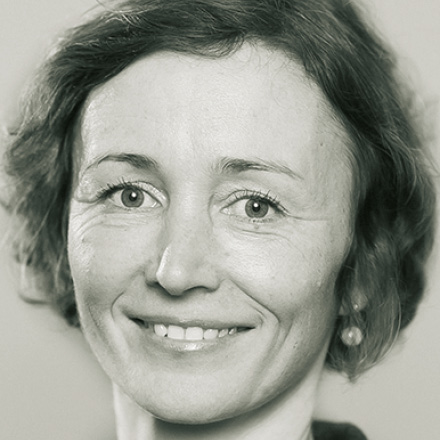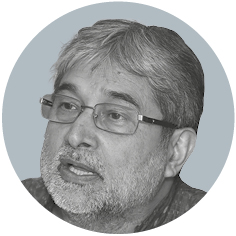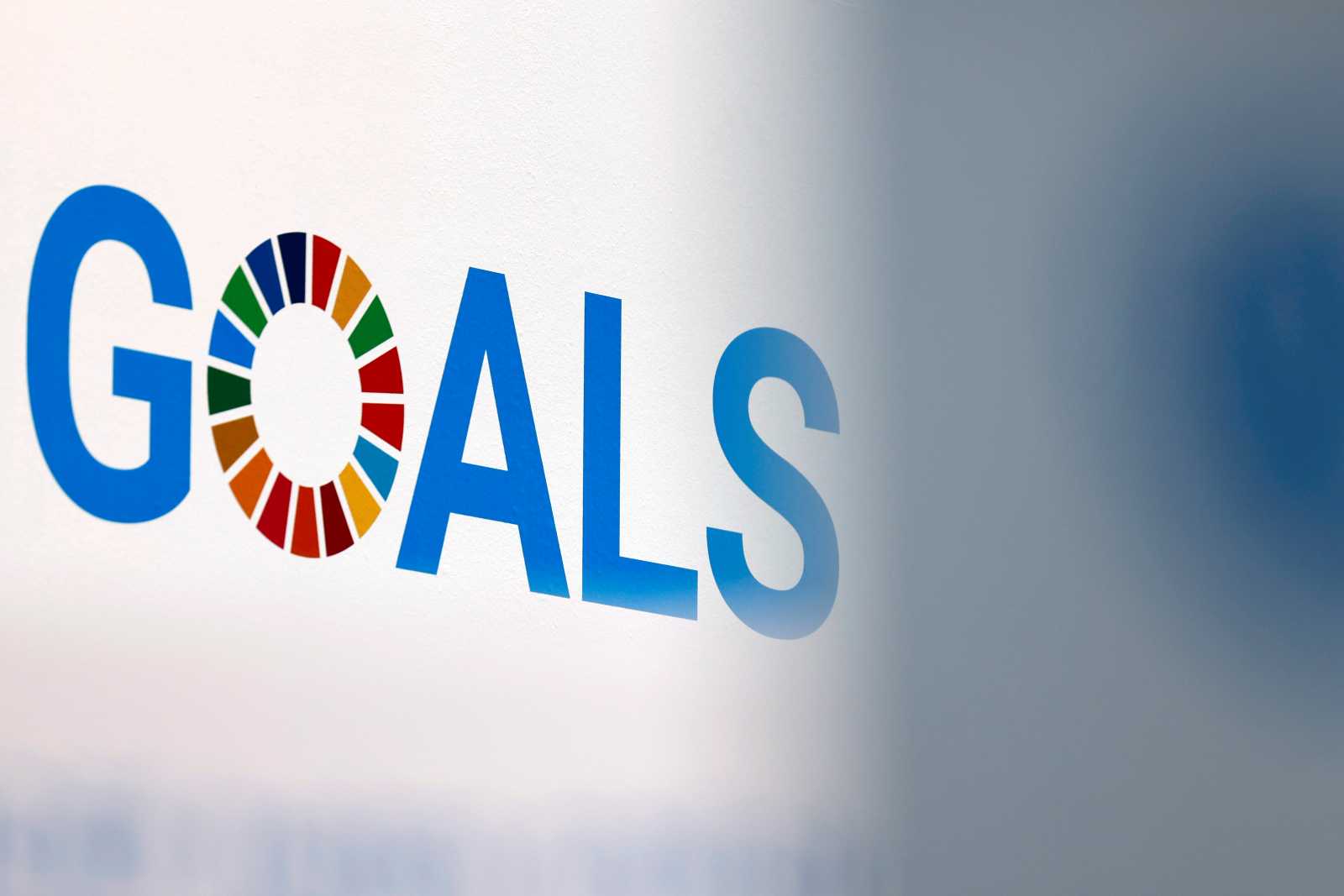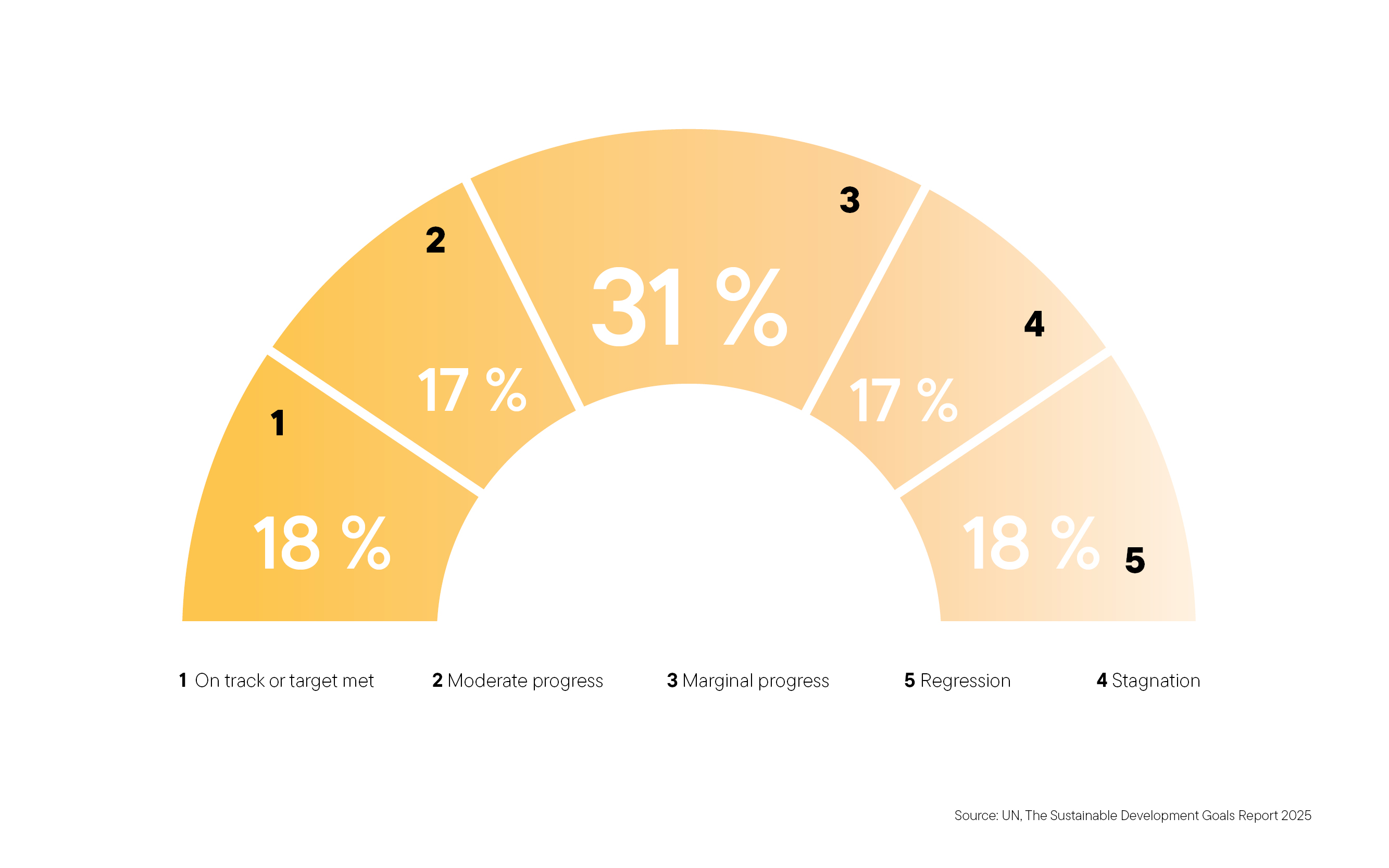Democratic principles
Tough challenges
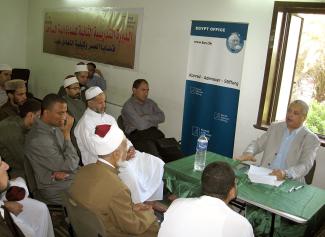
Germany has six political foundations. Each is close to one of the parties represented in the Bundestag. The foundations are legally independent, but they share the worldview of their respective party:
- Konrad-Adenauer-Stiftung is close to the Christian Democrats (CDU),
- Friedrich Ebert Stiftung to the Social Democrats (SPD),
- Friedrich Naumann Stiftung for Liberty to the Free Democrats (FDP),
- Rosa Luxemburg Stiftung to the Left Party (DIE LINKE),
- Heinrich Böll Stiftung to the Green Party (Die Grünen) and
- Hanns Seidl Stiftung to the Bavarian Christian Democrats (CSU), a separate party.
These foundations carry out research, provide information and advise policy makers and enlighten the public in general. They receive funding from the German Bundestag, but their mission is not necessarily to further the objectives of the German government. They are independent organisations with a legal identity of their own. They choose foreign partners for cooperation as they see fit.
In practice, the foundations cooperate autonomously with a large number of political parties, civil-society organisations and independent media in various countries. They are able to work in countries and fields where German state agencies cannot or do not wish to become engaged. When things go well, the foundations stimulate broad-based debate on policy issues, involving many diverse stakeholders.
Today, the political foundations have a well-established presence in many African, Asian and Latin American countries, as well as in eastern Europe. They raise awareness for policy issues, participate in public discourse, engage with decision makers and implement projects.
In the Democratic Republic of the Congo, for example, the foundations cooperate with universities and political parties on drafting political programmes and informing people about policy goals. In Romania, they join hands with jurists on strengthening the rule of law. In Bolivia, they teach indigenous communities the basics of politics and how to influence policymaking. In Indonesia, the foundations hold workshops on human rights and tolerance, for instance by addressing Qur’an scholars.
All over the world, the foundations organise training courses and workshops for (future) leaders of political parties and parliaments as well as for other influential bodies. They are guided by their specific world view and their fundamental values, such as the social market economy or environmental protection.
In many countries, Germany’s foundations have made significant contributions to pluralism, the decentralisation of political decision making and the rule of law. For instance, they promoted democratisation in countries as far apart as Spain, South Africa and Chile. So far, their approach was generally accepted, even in some countries under authoritarian rule. The political foundations were regarded as useful, after all, even if it was just to open up communication channels.
Focus on good governance
For more than 40 years, good governance has been an important issue for the foundations. The relevant topics were on their agenda even before donor governments adopted the term in their development policies. The foundations have established a worldwide network of contacts. Nonetheless, their efforts long stayed largely invisible to the wider public because of rather limited resources.
In the mid-1990s things changed. Funding increased as good governance become a core issue for development agencies. The reason was that experience had shown that aid often has perverse results if partner governments are not interested in the common good, but basically want to maintain their grip on power and to enrich themselves.
At the same time, civil-society activism has become ever more relevant. Today, non-governmental organisations are operating in most countries, and many of them get considerable support from the international community. For good reason, major donor agencies have also become involved in promoting good governance.
Political dialogue matters very much indeed. A country’s development hinges on adherence to democratic principles and the reliable provision of public goods. Unless the people have a say in public affairs, they will not feel any responsibility and will not be motivated to push for change and reforms.
Of course, the reverse is equally true. Unless poorly performing politicians can be voted out of office, they will not feel responsible to the people and cling to power, probably unwilling to use public funds diligently.
Undesired civic activism
Those in power do not always welcome civil society’s interest in participation and transparency. Even in well-governed countries, political leaders frequently have a hard time dealing with a dynamic and self-confident public. In less well-governed nations, rulers are even more likely to fear losing control and power.
In countries that lack well-established modes of public participation, governments often try to restrict or even outlaw political activism. And all too often, they will accuse foreign agencies that back opposition groups of meddling in internal affairs. Internationally, there are two diverging trends. In many countries, the scope for public participation is increasing. In numerous others, however, freedoms are being curtailed, with non-governmental organisations (NGOs)becoming more strictly controlled.
The effects are evident in the problems German foundations are increasingly experiencing. In Egypt, for instance, the Konrad-Adenauer-Stiftung had to close its office after decades of work. Two staff members were sentenced to long prison terms for what authorities deemed illegal activities. Both have left the country.
The trial was obviously driven by politics. The verdict was as harsh as it was absurd. The foundation had always kept Egyptian authorities informed of its activities.
Nonetheless, the court ruled that Konrad-Adenauer-Stiftung and several American NGOs were guilty. The judges assessed foreign assistance in general as "a form of new control and domination and a less-expensive form of soft colonialism pursued by donor countries to destabilise (…) the receiving countries."
Konrad-Adenauer-Stiftung’s Egyptian partners are hardest hit by the shutdown. They have lost an international supporter in their struggle for public participation in politics, freedom and human rights.
Egypt is not an isolated case. Authorities have been hindering political foundations elsewhere as well. Offices are raided, employees are threatened. A number of countries, such as Ecuador and Ethiopia, have passed laws that restrict the space for non-governmental organisations.
Indeed, many governments are doing more to obstruct civil society. Contempt for the values of good governance, transparency and public accountability is growing. When authorities restrict civil-society activism, they prevent an honest dialogue between the government and its people. Leaders who do not communicate with their people cannot understand the needs of the very people they are supposed to serve. If they cannot – or do not want to – hear what their people want they will obviously not tackle public concerns.
The fact that governments want to restrict civil society, however, proves the very relevance of the latter. Often, Governments close channels of participation precisely because they feel the pressure from the people to implement reforms. However, repression will only silence change agents for some time. In the long run, governments will have to face the will of the people. Across the developing world, people are becoming more assertive in demanding their right to participation. This is happening in many emerging markets too – just as we see in Brazil at the moment.
The argument of "outside interference" is put forward frequently by governments. Often, it only serves to cover up the fact that the respective governments themselves have signed international treaties on human rights, but do not always adhere to them. What civil society does, often adds up to nothing more than reminding the government of its commitments.
When governments complain about this kind of "foreign interference", the political foundations and their partners in countries all over the world should not be intimidated. International development is not only about fighting poverty. It is just as much about societies all over the world determining their own fate in democratic procedures. History shows that prosperity and freedom have flourished long term where people have dared to speak out and become involved in public affairs – which is why Germany’s political foundations feel committed to promoting good governance.
Wolfgang Maier is deputy head of Konrad–Adenauer-Stiftung’s Department of European and International Cooperation.
wolfgang.maier@kas.de
Sebastian Barnet Fuchs is the foundation’s coordinator for development policy and human rights.
sebastian.fuchs@kas.de

